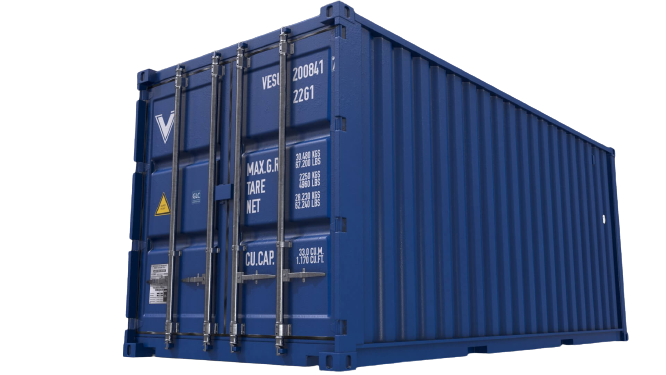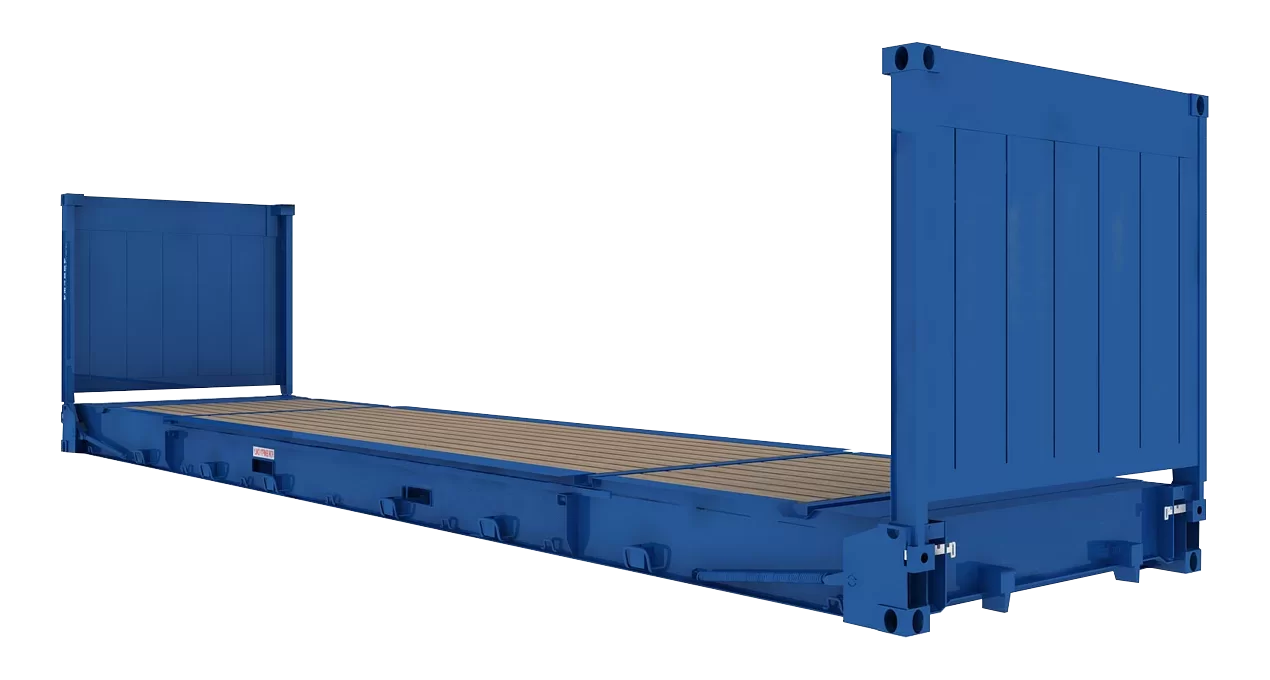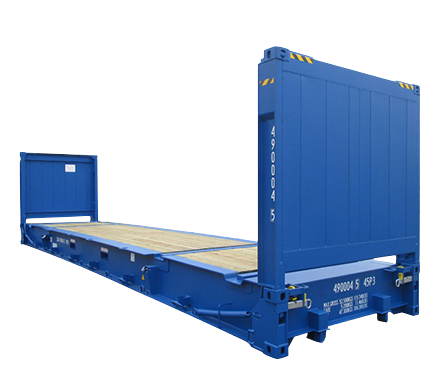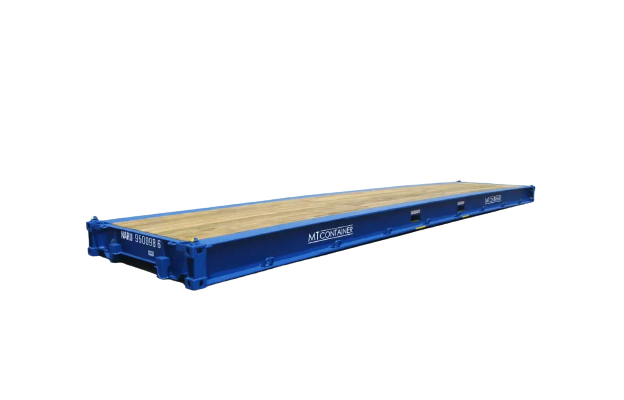Sea Freight
About Sea Freight
Sea freight shipping is one of the most economical forms of transporting goods internationally. Sea freight forwarding, also known as ocean freight, is a suitable transportation option for businesses who are associated with larger companies exporting a high volume of commercial pallets. With LCL (part container load) sea freight services can also be a great way for transporting personal goods.
At VSL, our Sea Freight services will facilitate your international shipment with the global relationships of more than 300 associated network partners across 130 countries. For large shipments, having your own container as a Full Container Load (FCL) is a best and cost-effective solution. If the volume of goods is smaller, then you may share a container with other shipments and it is known as Less than Container Load (LCL). We at VSL, specialised in both LCL and FCL sea freight shipping services.
VSL Logistics Sea Freight solutions include consolidation, providing you with a number of cost benefits. These include the merging of diverse cargoes, allowing containers to be fully utilised at a lower cost and a reduced transit time. Much of our consolidation arrives at our warehouses in London saving you time and money when it comes to delivering your goods to customers. Consistent, reliable sailings ensure that your Sea freight shipments always reach your customers in a timely manner.
VSL Sea Freight Services Include

Full Container Load (FCL)

Less than Container Load (LCL)

Container Loading & Unloading

Roll-on, Roll-off (RoRo)

Cargo Insurance

Reefer Containers

Hazardous Containers & Dangerous Goods

Shipping Documentation for Importing & Exporting

Transloading Container Trucking from Port to its Destination
PARAMETERS OF SEA CONTAINERS
Please be advised that the provided dimensions are for reference purposes only and may not be exact. For precise dimensions and specific container requirements, it is recommended to reach out to VSL Logistics directly.

20′ STANDARD

20′ OPENTOP

20′ FLATRACK

20′ REFRIGERATED

40′ STANDARD

40′ OPEN TOP

40′ FLATRACK

40′ REFRIGERATED

40′ FLATRACK COLLAPSIBLE

20′ PLATFORM

20′ FLATRACK COLLAPSIBLE

40′ HIGH-CUBE
Frequently Asked Questions
The transit time for sea freight depends on several factors, including the origin and destination of the shipment, the shipping route, and any stops or delays along the way. Transit times can vary from several days to several weeks or even months.
The cost of sea freight is determined by several factors, including the weight and volume of the goods being transported, the shipping route, the distance between the origin and destination, and any additional services required, such as customs clearance or insurance.
A container is a standardized, reusable steel box used for the transportation of goods by sea. Containers come in various sizes, with the most common being 20ft and 40ft long. They are designed to fit securely onto cargo ships and are an essential component of sea freight operations.
FCL (Full Container Load) refers to a shipment that fills a full container, while LCL (Less than Container Load) refers to a shipment that does not fill a full container. LCL shipments are consolidated with other goods to fill a container and are often more cost-effective for smaller shipments. FCL shipments, on the other hand, provide greater control and security for larger shipments.
How can we help you?
We are keen to discuss your shipping needs and work closely with you to successfully achieve your business goals.





